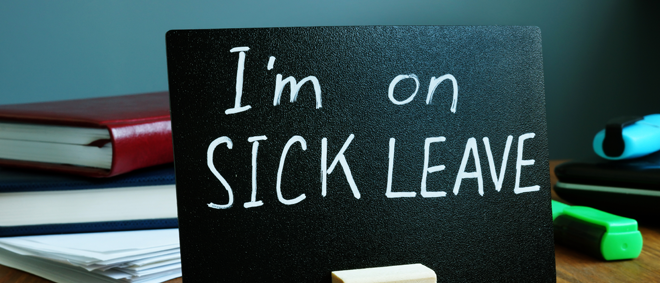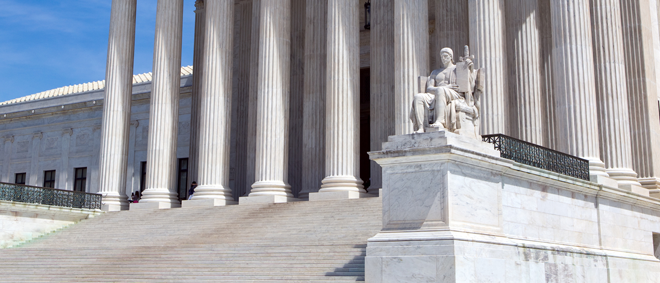On September 6, 2023, New York Governor Kathy Hochul signed a law that prohibits employers from requiring employees to attend employer-sponsored meetings the “primary purpose” of which is to communicate the employer’s opinions on religious or political matters, including relating to joining a labor organization. The law became effective immediately, and is another step in the small, but growing number of states, that are campaigning against so-called “captive audience” meetings. Continue Reading New York State Bans Employers from Holding Mandatory “Captive Audience” Meetings







